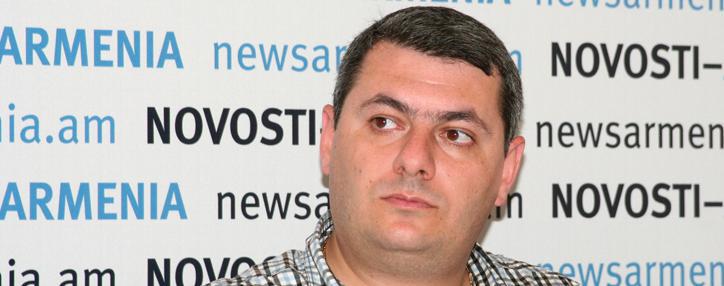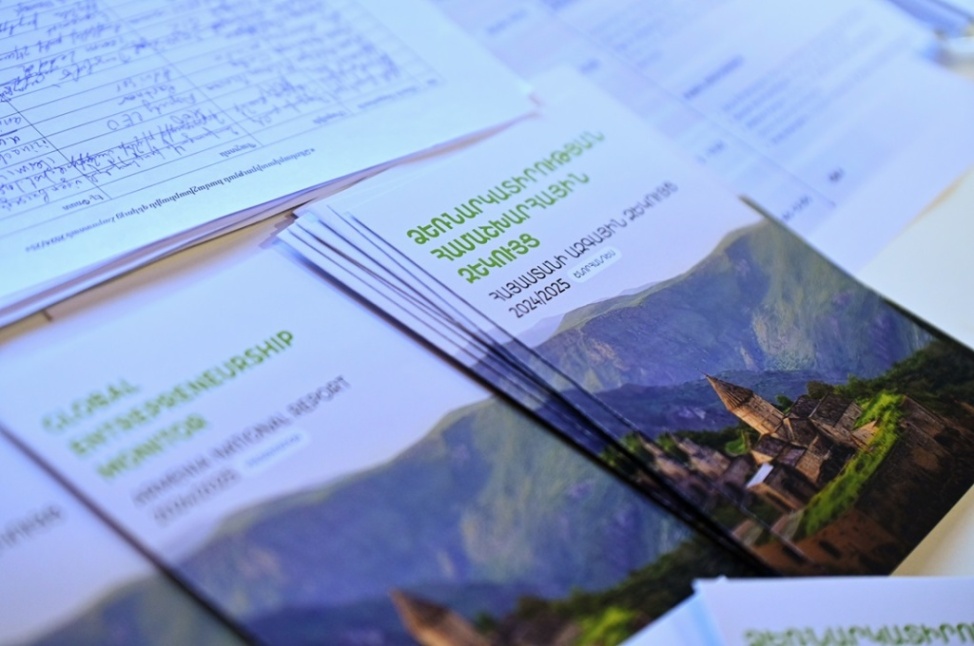Neither Armenia, Russia nor CSTO interested in resumption of hostilities in Nagorno-Karabakh, expert says
27.06.2013,
16:40
Neither Armenia, nor Russia nor the Collective Security Treaty Organization (CSTO) are interested in the resumption of hostilities in the Nagorno-Karabakh conflict, Sergey Minasian, head of Yerevan-based Caucasus Institute said today.

YEREVAN, June 27, / ARKA /. Neither Armenia, nor Russia nor the Collective Security Treaty Organization (CSTO) are interested in the resumption of hostilities in the Nagorno-Karabakh conflict, Sergey Minasian, head of Yerevan-based Caucasus Institute said today.
"It is clear that neither Russia nor the Collective Security Treaty Organization, nor Armenia are interested in getting engaged in military actions," he said on the sidelines of a CSTO-sponsored forum in Yerevan held to look into political and security aspects of the CSTO.
Regarding the supply of Russian arms to Azerbaijan, he said the official Moscow should exercise caution in the preservation of military-technical balance of the conflicting parties.
According to media reports, Russia began the delivery of tanks, artillery cannons and rocket launchers worth $1 billion, to Azerbaijan.The sale of weapons was defended earlier by Nikolay Bordyuzha, secretary general of the CSTO who said Russia sells weapons to dozens of countries, including those that are not members of the CSTO. “It’s business, it’s a market, it’s the Russian Federation’s economy.”
"Russia is well aware that the military-technical balance must be maintained, as it is the guarantee of non-resumption of hostilities in the conflict zone," - said Minasyan.
The conflict in Nagorno-Karabakh broke out in 1988 after the predominantly Armenian-populated enclave declared secession from Azerbaijan. The Armenian majority voted in 1991, December 10, to secede from Azerbaijan and in the process proclaimed the enclave the Republic of Nagorno-Karabakh. Full-scale fighting, initiated by Azerbaijan, erupted in the late winter of 1992.
International mediation by several groups including Europe's OSCE’s failed to bring an end resolution that both sides could work with. In the spring of 1993, Armenian forces captured regions outside the enclave itself. By the end of the war in 1994, the Armenians were in full control of most of the enclave and also held and currently control seven regions beyond the administrative borders of Nagorno-Karabakh. A Russian- -brokered ceasefire was signed in May 1994 and peace talks, mediated by the OSCE Minsk Group, have been held ever since by Armenia and Azerbaijan. -0-



